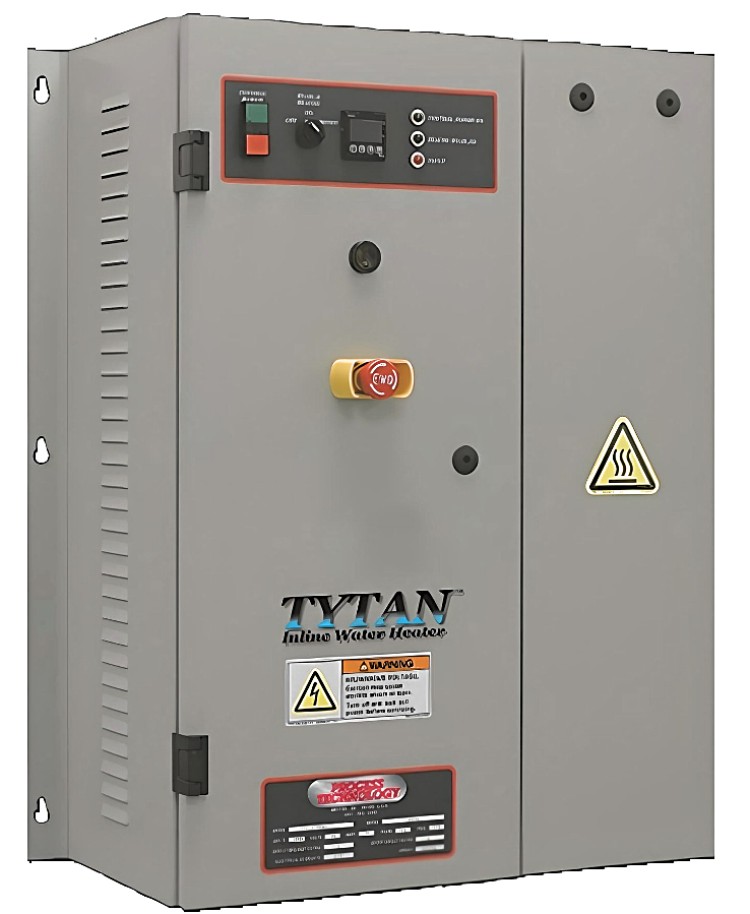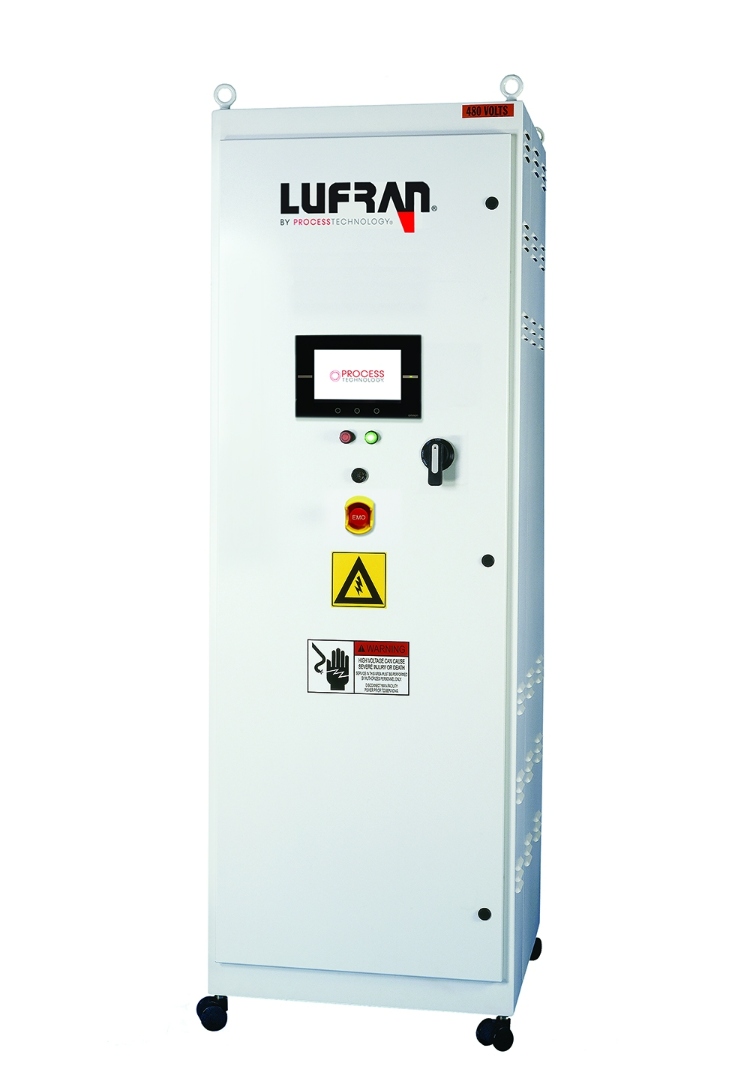- Instantaneous Heating
- PID Temperature Control
- Titanium Excellence
- Compact Turn-Key System
- Low Maintenance
- Versatile Flow Compatibility
Email: info@sistemtechnology.com Call: +44 (0)1327 362 844
Water Heaters for High Purity Applications
High-purity water heaters represent a technological cornerstone in various industries where the quality of water isn’t just a requirement, but a critical determinant of success. In sectors ranging from semiconductor manufacturing to pharmaceuticals, the need for deionised water that is not only heated to precise temperatures but also devoid of contaminants is paramount.
At their core, high-purity DI water heaters are designed to heat water while maintaining its purity to an exceptionally high standard. This isn’t just about achieving hot water; it’s about ensuring that the water remains free from any form of contamination during the heating process. In industries where even trace amounts of impurities can lead to product failure or safety concerns, the distinction between standard and high-purity deionised water heating becomes critically important.
High-purity water heaters cater to this need by incorporating advanced design features and using materials that don’t contribute to contamination. This includes the use of ultra-pure materials for heating elements and internal surfaces that come into contact with water, such as stainless steel, titanium, and certain polymers known for their inert properties.
The evolution of high-purity water heaters has been driven by a relentless pursuit of technological advancement. These devices now come equipped with sophisticated temperature control systems that allow for precise thermal regulation. Such precision is essential not only for the consistency of heating but also to prevent overheating, which can lead to the breakdown of water quality.
Another pivotal innovation is the integration of corrosion-resistant materials. Materials like titanium are favoured in high-purity water heaters for their exceptional resistance to corrosion. This is particularly important in environments where water may be acidic or contain other corrosive substances. Additionally, the non-reactive nature of these materials ensures that they do not add any impurities to the water.
Modern high-purity DI water heaters also focus on energy efficiency. With advanced insulation and heating technologies, they reduce energy consumption while maintaining performance. This not only lowers operational costs but also aligns with the growing industrial emphasis on sustainability and environmental responsibility.
The use of high-purity water heaters spans a diverse array of industries, each with its unique requirements. In the semiconductor industry, for instance, the fabrication of microchips and wafers necessitates water that is not just heated precisely but also free from any ions or particles that could contaminate the delicate components. Here, high-purity deionised water heaters play a crucial role in processes like photolithography and wafer cleaning.
In the pharmaceutical sector, these heaters are integral to ensuring that the production and research environments meet the stringent standards for cleanliness and safety. Whether it’s in the formulation of drugs or the sterilization of equipment, the quality of water can directly impact the efficacy and safety of pharmaceutical products.
Laboratories and research facilities also rely heavily on high-purity water heaters. Experiments and tests that require controlled conditions cannot afford the risk of water-borne contaminants. Similarly, in sectors like food and beverage or cosmetics, the purity of water is essential to maintain product quality and adhere to health standards.
As industries continue to evolve with increasing demands for precision and purity, the role of high-purity water heaters becomes more pivotal. Future advancements are likely to focus on further enhancing the purity levels achievable, increasing energy efficiency, and integrating smart technologies for better monitoring and control.
The integration of IoT (Internet of Things) and AI (Artificial Intelligence) technologies, for instance, could lead to water heaters that are not only more efficient but also capable of predictive maintenance and real-time quality monitoring. This would represent a significant leap forward in ensuring that the highest standards of water purity are consistently met.
High-purity DI water heaters are more than just industrial equipment; they are a testament to the intersection of innovation, precision, and the relentless pursuit of quality. As industries continue to push the boundaries of what’s possible, these heaters will remain an essential ally, underpinning processes where purity is not just a preference, but an absolute necessity. Whether it’s in enhancing product quality, ensuring safety, or driving efficiency, high-purity deionised water heaters will continue to be a key player in the industrial narrative of the future.
Water Heaters
-

Tytan Water Heater
-

Lufran DI Water Heater
- Superior PTFE and PVDF Construction
- Efficiency Redefined
- Advanced Temperature Control
- High Power Capacity
- Exceptional Lifespan
- Watts: 24kW to 312kW

